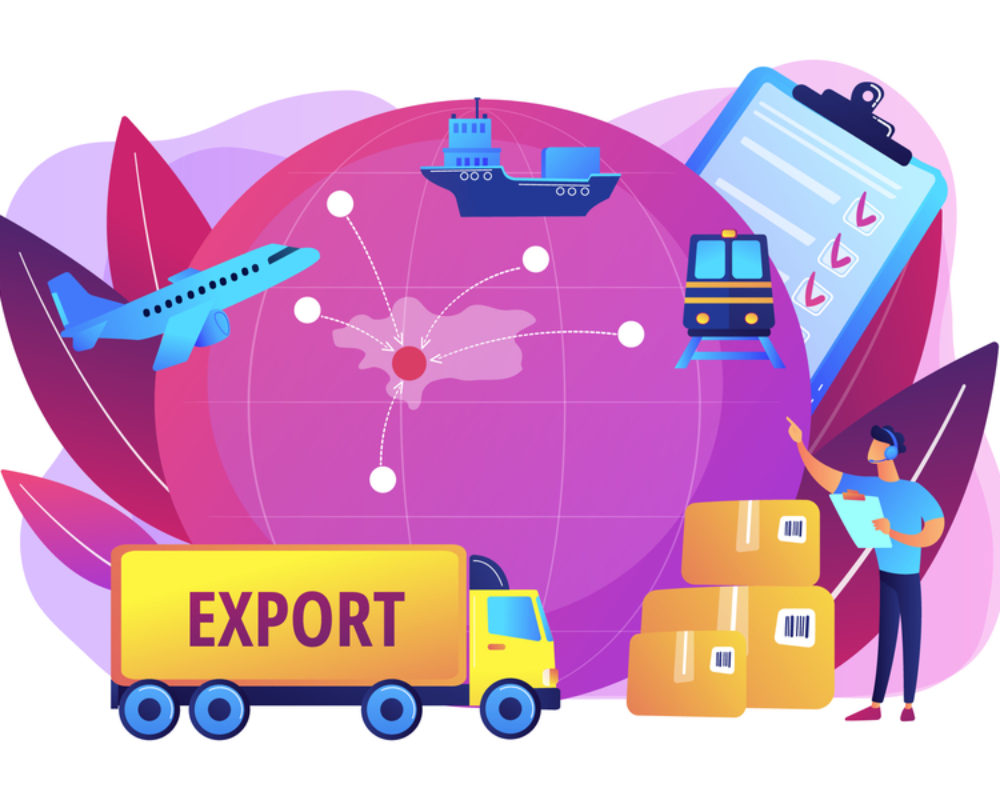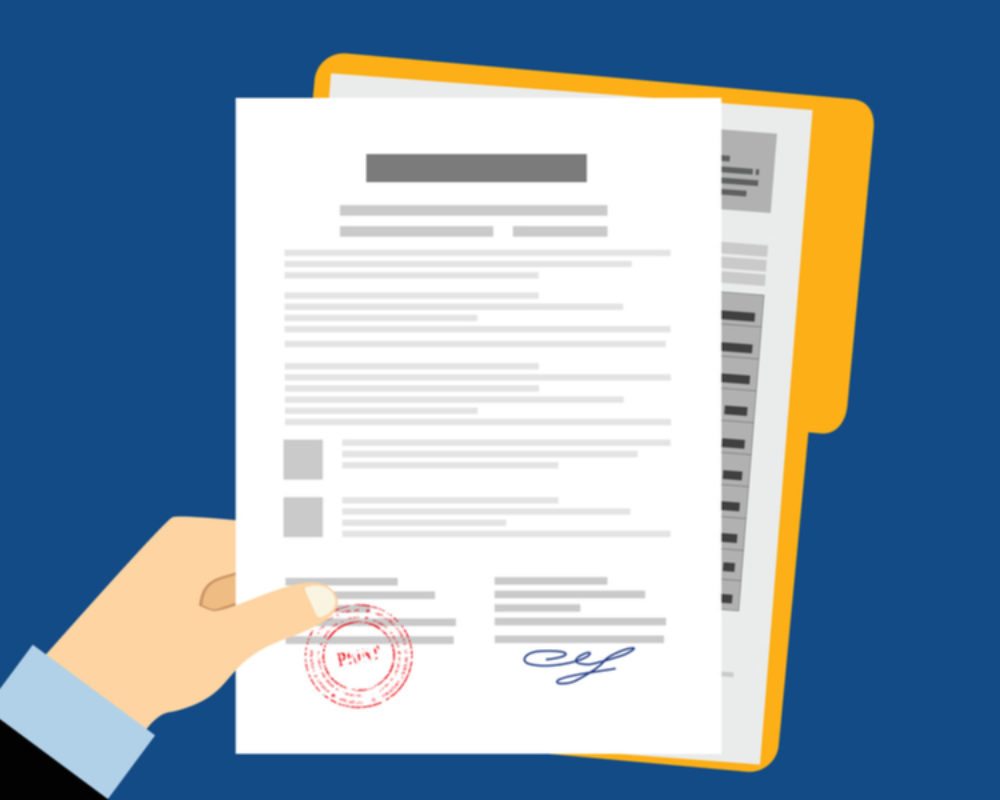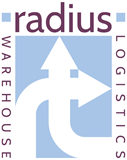A Step-By-Step Guide To Transporting Goods Overseas by Road
Road freight has always been a popular option for many businesses. It is safe, cost-effective and ideally tailored to both large and small shipments alike. While many of us are familiar with road transport within the UK, there are specific requirements for moving goods outside of the UK to other international destinations. This guide will help to explain this process, giving you advice and information to ensure your process is as thorough as possible. It will be particularly relevant for those looking to understand the logistics behind road freight and those looking to transport goods internationally on a commercial basis.
Operator License and Permits
There are specific licenses that are needed to drive internationally for commercial reasons. A Vehicle Operator License is required for any goods that have a gross plated weight of over 3,500kg or an unladen weight of more than 1,525 when there is no plated weight. The type of license you need depends on the nature of your work.
Standard National License
This type of license allows you to transport your own goods within the UK and internationally to other countries. It also means you can transport other people’s goods within the UK and allows you to take loaded trailers throughout Britain.
Standard International License
This type of license allows you to carry your own and other people’s cargo within the UK and internationally to other countries. There are additional Community Licenses that may be needed to travel between specific EU member countries.
Restricted License
These licenses only permit you to transport your own goods. It can last up to 5 years but you will need to pay a continuation fee to benefit from these terms.
Depending on what countries you are planning to travel through and to, you may need additional international road haulage license. These include:

These are required for international journeys within the 27 EU countries and Iceland, Liechtenstein, Switzerland and the UK. It also allows the loading and unloading of goods for hire or rewards between 2 points in a country from a vehicle that has not been registered in that country – known as cabotage.

These permits are required for road haulage movements throughout the 43 ECMT countries. It is required for those who are driving through these countries to collect cargo. These permits are applicable when driving Euro VI or Euro V emissions standard vehicles.

If your route passes through Belarus, Georgia, Kazakhstan, Morocco, Russia, Serbia, Tunisia, Turkey or Ukraine, you will need a bi-lateral permit. For Turkey, this permit is only required if you are continuing on to a third country.

There are additional licenses required from countries outside of the UK and those that we do not have a previous arrangement or agreement with. This includes Belarus, Morocco, Russia, Tunisia and Turkey.
Driver Eligibility
In order for a road freight driver to operate internationally, they will need to have certain documentation. This includes:
- An in-date and valid passport
- UK driver’s license
- Driver Certificate of Professional Competence Card
- International driving permit (as detailed above)
Rules Surrounding Goods Type
There are specific rules and regulations surrounding certain types of freight including live animals, animal products, dangerous goods, perishable foods and abnormal loads. For each, there are specific routes or checkpoints required to ensure you abide by the relevant laws.
Live Animals and Animal Products
There are certain animals that are considered EU trade, including cattle, sheep, pigs and horses. However, in some countries, you will need to pass through additional border control posts and obtain an ITAHC (Intra Trade Animal Health Certificate). To do so, you’ll need to find a registered veterinarian to sign all trade documents and ensure the goods meet requirements. When importing animals into the EU, you will need an Import of Products, Animals, Food and Feet System notification which goes through to the Animal and Plant Health Agency (APHA).
Dangerous Goods
It’s important that you understand the type of good that will be classified as ‘dangerous’. There are specific rules surrounding the vehicles carrying these goods and their operators. All drivers must have an ADR training certificate unless their load falls under the threshold limits or if the goods are packed in limited or excepted quantities. The ADR is an agreement that allows countries to transform these goods freely across international borders as long as they comply with the rules set out. More information can be found here.
Perishable Foods
There are rules covering what temperatures different foods should be transported in, which vehicles/trailers/equipment can be approved and what documentation needs to be provided to ensure you meet the standard. It is illegal to transport perishable goods across borders where there is no approval given. The rules apply to chilled foods including butter, concentrated fruit juice and milk as well as meat products, fish products and deep-frozen products.
Abnormal Loads
In order to take loads of extreme weight to different countries, you’ll need to register your trailer for the country required and obtain an Abnormal Load Trainer Keeper’s certificate. This will need to be kept in the vehicle at all times and shown at the country’s border.
Export Documents
There are specific documents that your driver will need to have on his person. These include:
- All explore licenses and permits.
- A CMR note (road consignment note).
- An MRN (Movement Reference Number) if moving goods outside of the EU.
- An LRN (Local Reference Number) if moving goods under the CTC.
- An ATA Carnet document if moving goods outside of the EU temporarily.
- A TiR Carnet if your goods are being transported within a sealed compartment and accompanied by a seal number.
Moving goods internationally is a process that requires expertise, research and a thorough eye. It’s important that you don’t miss out on vital documentation or forget to apply for specific permits. This will delay delivery lead times and potentially hinder productivity for the business. Working with a professional and experienced freight forwarder, such as our team here at Radius Warehouse and Logistic Services, is one way to ensure you cover all factors. If you would like more information or a free quote, contact us today.



